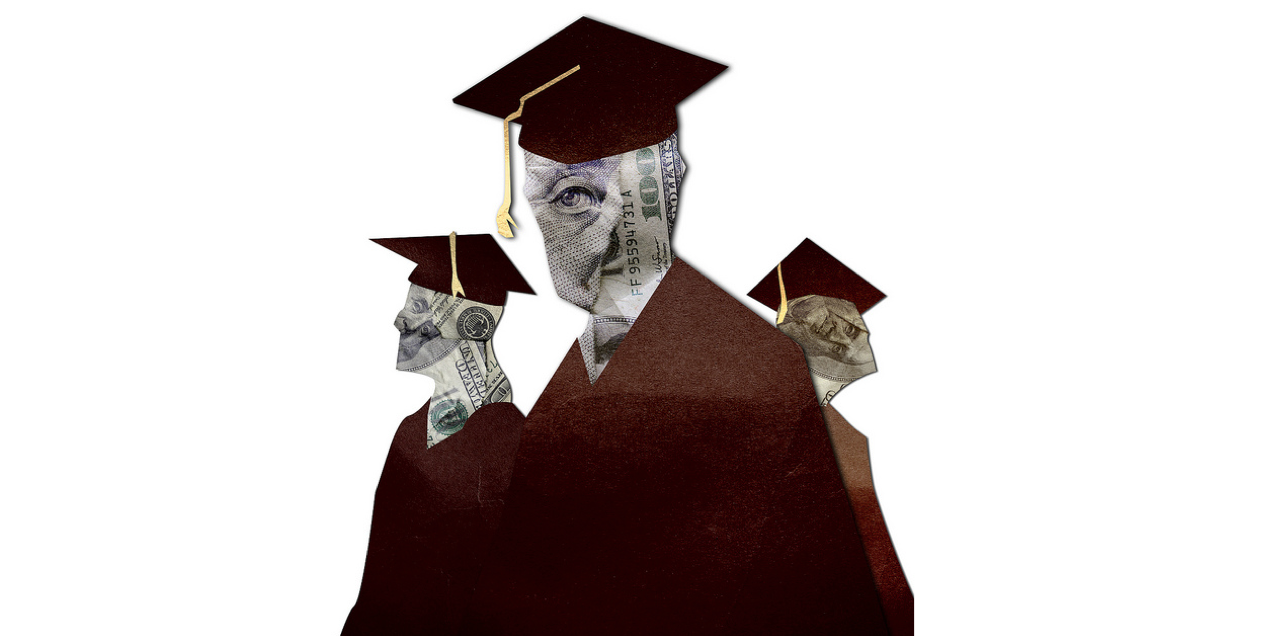
(Truthout/Flickr CC).
The U.S. Education Department is cracking down on for-profit colleges whose graduates can't find jobs that let them pay off their federal loans.
Under a new rule announced last week, career programs will have to show that their graduates are finding gainful employment and have manageable debt loads. If graduates from career programs aren't making enough money to pay off their loans, the government will hold the school responsible and cut off access to federal student aid dollars.
On Thursday, the for-profit industry sued the Department of Education over the regulations, saying the rules are unfairly targeting career programs.
Now, other for-profit colleges are responding differently and trying to stay ahead of the curve.
In an interview with Marketplace, Education Secretary Arne Duncan said career schools that aren't doing a good job should improve - or close.
"The majority of programs, we think, are doing a decent job, but when people who are working hard end up in a worse financial position - with debt that's unmanageable, with training that doesn't lead to real jobs, that, for me, is basically immoral quite frankly," Duncan said.
With that kind of rhetoric coming from the feds, leaders of career programs are feeling the heat and taking steps to recast their image.
Related: For-Profit Colleges Continue to Cash In On Federal Dollars.
Rasmussen College in Minneapolis is a for-profit company with 24 campuses across the country. The school is changing its status, from a for-profit corporation to a Public Benefit Corporation. That means administrators are responsible for more than boosting their bottom line.
Vice President Tamryn Hennessy said the college is now supporting local food pantries and homeless shelters, hosting a community service day and offering free job training.
"While many higher education institutions have pulled away from their local presence, I think it affirms [Rasmussen's] commitment more than ever to our local presence," Hennessy said.
At a time when for-profits are facing intense scrutiny, Hennessy said this is more than a PR stunt.
"Anyone thinking, 'This is one and done' or 'something you're just launching as a marketing campaign,' doesn't really understand the follow-up required from public benefit status," she said.
PR stunt or not, Rasmussen isn't alone in rethinking what it means to be a for-profit college. Capella University, another big for-profit institution, is currently working with a nonprofit called B Lab to develop voluntary standards for the entire industry.










